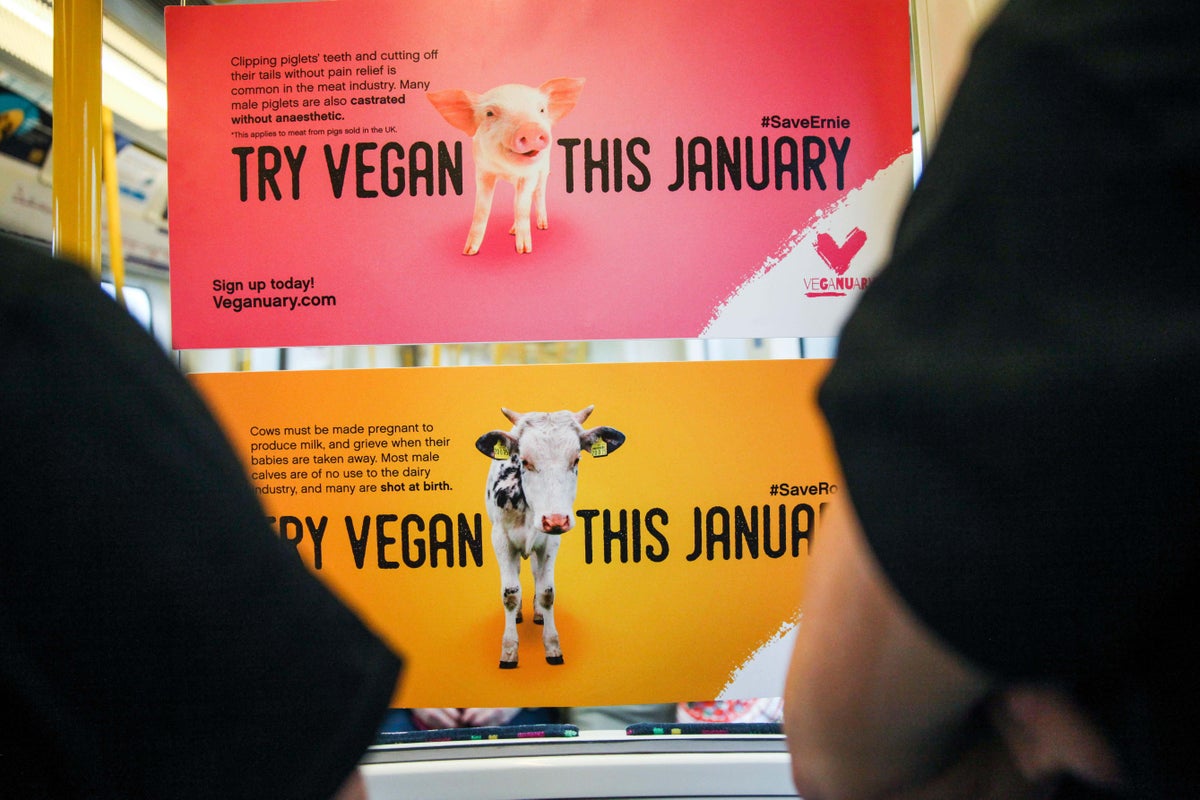
Going vegan in January may be something you’re eager to get involved with, to improve your diet, protect the planet or try something new. But plant-based living can come with a hefty price tag.
“Veganism has been around since 1944 and with support from groups like The Vegan Society, there have always been ways to choose more vegan meals without breaking the bank,” says Patrick Huang, co-founder of MeatFreed.
“There are many vegans who offer support and guidance, as well as cost-saving and time-efficient hacks to make sure choosing more vegan meals doesn’t mean inconvenience or being left worse off,” Huang says.
“We found in one of our recent surveys that cost, and inconvenience were two of the main barriers cited by those wanting to try and eat more vegan and plant-based meals. We also found nearly half of our community are worried about the cost of living and how that can impact food prices, with 60 per cent saying they would be forced to change their diet based on what they can afford,” he explains.
But, it is possible to cut down on meat and dairy, while also saving money.
Look for deals and vegan offers
“Veganism, vegetarianism and plant-based meals are becoming a whole lot more mainstream at both restaurants and supermarkets,” says Huang.
Apps like MeatFreed gives members access to offers from restaurants and food brands alike, with discounts on plant-based and vegetarian meals, Huang says.
Meal plan
“Just like if you’re eating meat or any other diet, meal planning can be helpful to cut down on waste, use up all of your food shopping and stop you giving into takeaway temptations if you’re trying to save money,” says Huang.
“Even just a rough guide of meals you will cook that week and the ingredients you need means you can be more focused when you go food shopping, and avoid getting distracted by things on offer or discounts you don’t need.”
Take it slow
You don’t have to change everything at once, and doing so may mean buying loads of new things that you may not even enjoy.
“Becoming plant-based doesn’t have to be all or nothing,” he says. “Many people do switch and go completely cold turkey on other diets, but that doesn’t have to be the only way. Even starting with a meat-free Monday or trying to include one vegan or plant-based meal into your weekly menu is great.
“Then you can build from there and increase if you want to, or look at a flexitarian diet that allows you to switch between vegan and vegetarian or even eating meat.”
So take your time, see what you like, and don’t break the bank on new stuff straight away.
Store things correctly
TikTok is awash with fun and helpful money-saving hacks and there are loads of ways you can get the most out of vegan produce just by storing it correctly.
Creator Armen Adamjan suggests ventilating bags correctly with holes, growing spring onions in water from the roots and wrapping lettuce in foil.
Don’t buy pre-prepared
“I love to buy nuts and seeds in bulk and roast them myself – much healthier without the salt – and pop them on salads and stir-fries or as a snack,” says the author of Asian Green, Ching-He Huang (Octopus, £20).
“Plus they last longer. Just eight minutes at 180C until golden and then cool on a tray and transfer to a storage jar.”
Shop in bulk
“A great way to save money on a vegan diet is to bulk-buy whole foods such as lentils, beans and pulses. These are all cheap to buy and incredibly healthy. Add to stews, salads, curries and pasta dishes for extra flavour and protein,” says Rachel Stone, from vegan campaigning charity Viva!
Eat with the seasons
“Another way to save money while going vegan is to buy seasonal produce,” adds Stone. “Visit your local fruit and veg market for great deals.”
This January look for beetroot, celeriac, chicory, kale, leeks, mushrooms, squash, swedes, turnips, leeks, white cabbage, spring onions, carrots, jerusalem artichokes, parsnips and Brussels sprouts (if you can face any more after Christmas).







